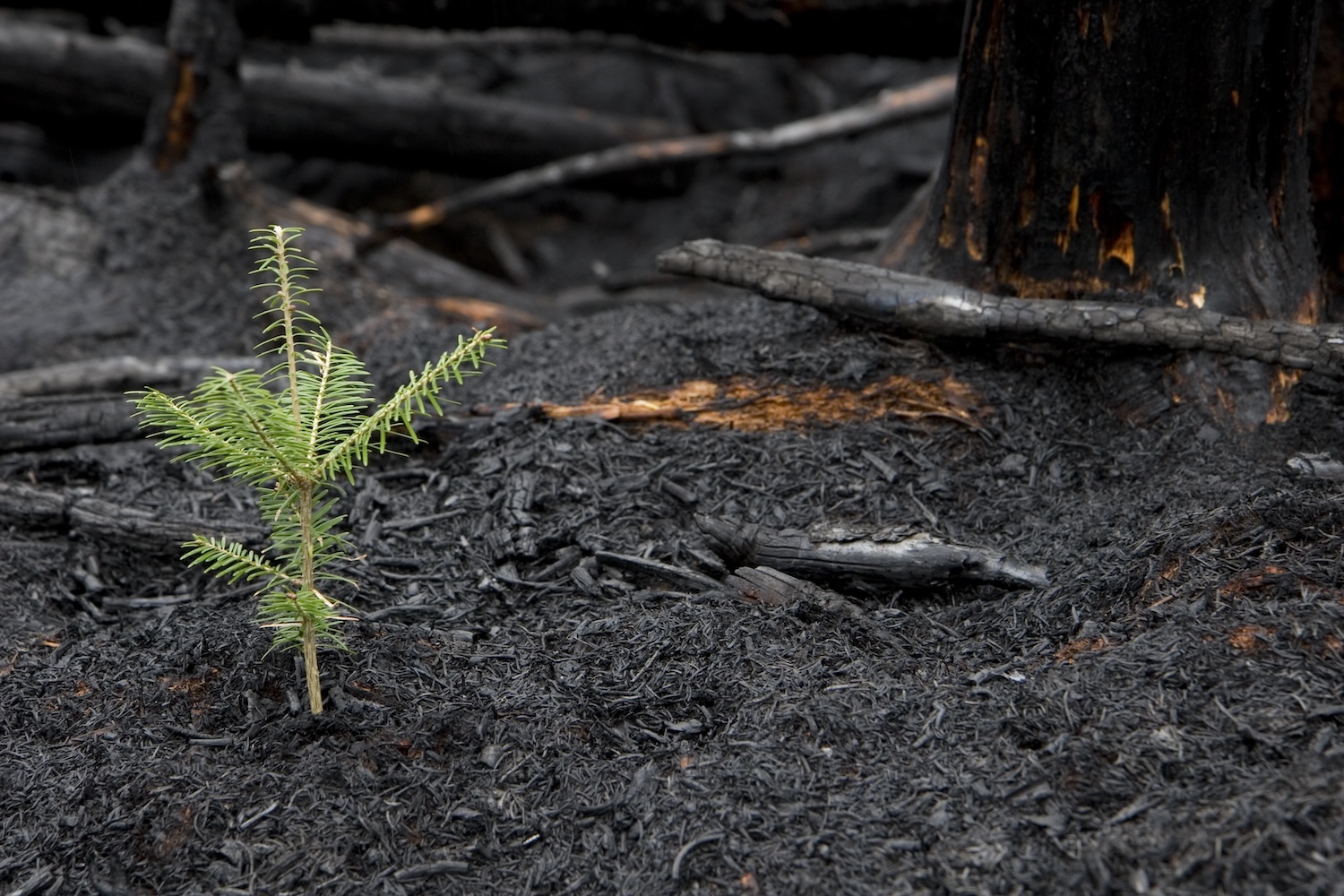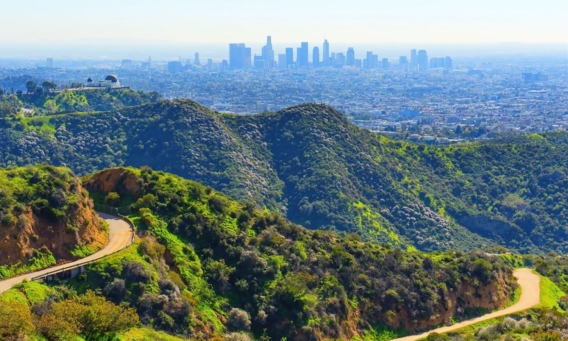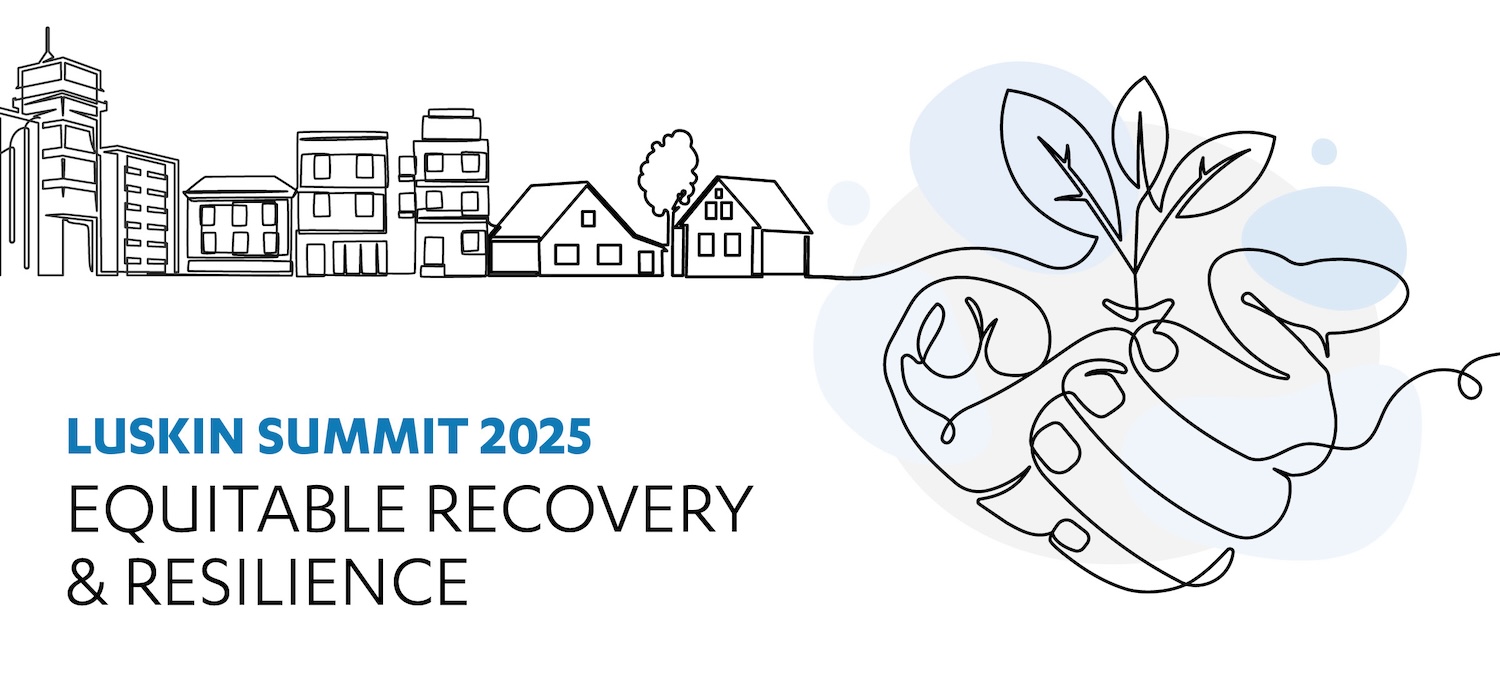UCLA LUSKIN EXPERTS
Faculty and researchers from the UCLA Luskin School of Public Affairs are providing context and commentary to news outlets covering Los Angeles’ catastrophic wildfires and the road to recovery. To reach one of our experts, please contact Executive Director of Communications Kate Shirley at (310) 206-5252 or kshirley@luskin.ucla.edu.
Climate Resilience
- Greg Pierce — water insecurity, urban water systems, climate resilience
- Liz Koslov — social dimensions of climate change, environmental justice, managed retreat from hazard-prone areas
- Edith de Guzman — water management, heat mitigation, urban forestry, climate resilience
Urban Recovery
- Minjee Kim — intersection of real estate development and urban planning, land use regulation, urban public finance
- Paul Ong — racial and economic inequality, disparities related to the environment and climate change
- Silvia R. González — climate and environmental justice, inclusive decision-making processes for recovery
- Stephen Commins — urban water, displaced populations, disaster recovery, regional and international development
Rebuilding
- Michael Lens — post-disaster planning, housing affordability, housing market inequities impacting low-income families and communities of color
- José Loya — housing and rental markets, ethno-racial and socio-demographics of fire-impacted neighborhoods
- Michael Manville — post-fire housing affordability, land use, local revenue and taxation
Environmental Health
- Kirsten Schwarz — contaminants dispersed by the fires, soil recovery and remediation
- Rachel Connolly — environmental equity and health impacts of exposure to climate hazards such as wildfires
Evacuation and Transportation
- Juan Matute — evacuation planning and equitable rebuilding after disasters
- Adam Millard-Ball — evacuation planning, environmental consequences of transportation, land-use decisions
Political Response
- Megan Mullin — political responses to and public opinion around environmental change, urban water systems, climate adaptation
- Zev Yaroslavsky — local politics, budgets, disaster recovery, land use and the environment
‘These fires tested the physical and financial limits of our water infrastructure. We need to think not just about fixing pipes, but about redesigning systems and supporting populations that are more integrated, more equitable, and resilient to the next crisis.’

— Greg Pierce of the UCLA Human Right to Water Solutions Lab
‘Without intentional, deliberate leadership by government, and by government that’s accountable to the communities, an unmanaged recovery process will only widen disparities.’
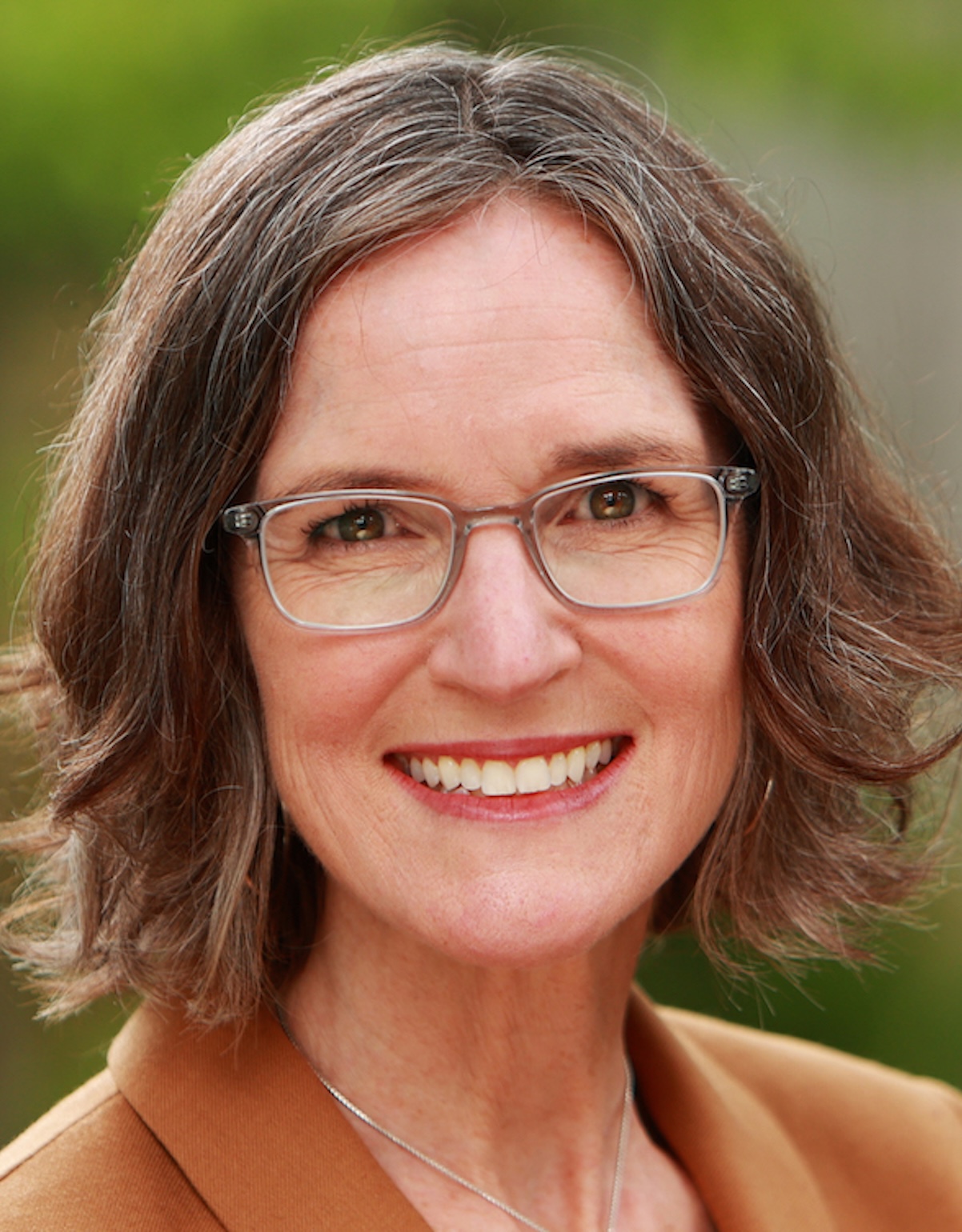 — Megan Mullin of the UCLA Luskin Center for Innovation
— Megan Mullin of the UCLA Luskin Center for Innovation
‘The rebuilding has been pretty much a patchwork. Some people relocated, some are rebuilding – and developers are buying up land. It is going back to exactly the way that it was, with no creative planning and development happening.’
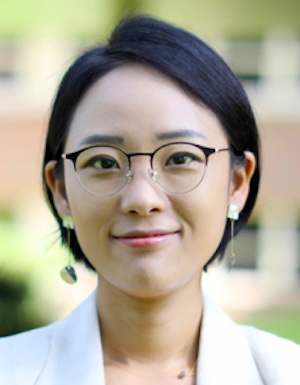
— Minjee Kim of UCLA Luskin Urban Planning
‘Rather than dream we can retreat our way out of the crisis, we must relearn, and learn anew, how to live with fire.’

— Liz Koslov of UCLA Luskin Urban Planning
RESEARCH AND SCHOLARSHIP RELATED TO WILDFIRE
Innovation Opportunities for a Resilient LA
UCLA Luskin Center for Innovation
Recommendations for strategies to build more resilient infrastructure emerged from a gathering of experts commissioned by the Los Angeles Department of Water and Power and developed, organized and hosted by UCLA.
Wildfires and Latino Communities: Health, Economic and Preparedness Challenges
UCLA Latino Policy and Politics Institute
UCLA Center for Neighborhood Knowledge
Wildfires in Los Angeles County have led to disproportionate risks to Latino communities due to pre-existing health vulnerabilities, economic challenges, and systemic gaps in emergency preparedness and health resources.
Wildfire & Water Supply in California
UCLA Luskin Center for Innovation
How can California more proactively protect water systems placed at risk by wildfires that have grown in frequency, scale and intensity in recent years? A research and policy agenda developed by interdisciplinary experts.
The Death Toll From Wildfire Smoke
UCLA Luskin Center for Innovation
UCLA Fielding School of Public Health
Smoke produced by California wildfires kills far more people than flames do, this research shows. From 2008 to 2018, more than 52,000 premature deaths have been linked to exposure to the smoke’s toxic particles.
LA Wildfires: Impacts on Altadena’s Black Community
UCLA Ralph J. Bunche Center for African American Studies
UCLA Center for Neighborhood Knowledge
UCLA Latino Policy and Politics Institute
The Eaton Fire exposed how decades of segregation and redlining have left Black households more vulnerable, a legacy that should be taken in account in future recovery efforts and allocation of emergency resources.
Critically Assessing the Idea of Wildfire Managed Retreat
Liz Koslov, UCLA Luskin Urban Planning and UCLA Institute on the Environment and Sustainability
Kathryn McConnell, University of British Columbia
Today’s wildfires make clear that “let it burn” is not a realistic or humane response to the destruction of homes and communities, this analysis shows. Instead, greater investment is needed to fortify neighborhoods.
Residents, Workers and Jobs in LA County Fire Evacuation Zones
UCLA Latino Policy and Politics Institute
UCLA Center for Neighborhood Knowledge
At least 35,000 jobs held by Latinos were at risk of temporary or permanent displacement due to the Palisades, Eaton and Hurst wildfires, data show. Among the most vulnerable workers due to their already precarious position in the labor market, Latinos face a greater risk of economic displacement and financial hardship.
Asian American Language Needs in LA Wildfires
UCLA Center for Neighborhood Knowledge
UCLA Asian American Studies Center
UCLA Latino Policy and Politics Institute
AAPI Equity Alliance
With significant language barriers in LA County’s Asian American communities, effective communication during disasters remains a critical challenge. Ensuring that all residents receive life-saving information requires culturally and linguistically appropriate action.
Connected Streets Promote Urban Resilience
UCLA Institute of Transportation Studies
McGill University
Neighborhoods with the highest wildfire risk have the least connected streets, marked by dead ends and fewer direct walking routes. But planners can, to some extent, retrofit existing neighborhoods to improve connectivity and safety.
Examining Direct and Indirect Impacts of the LA Wildfires on Low-Income Children and Families
Judith Perrigo, UCLA Luskin Social Welfare, and colleagues from the University of Chicago and University of Pennsylvania
As part of a long-term study assessing the impact of guaranteed income on health, financial security, child development and more, researchers will survey participants to understand the fires’ direct and indirect impact on their well-being. A report will follow.
Redefining Expectations for Urban Water Supply Systems to Fight Wildfires
Gregory Pierce, Edith de Guzman and Megan Mullin, UCLA Luskin Center for Innovation
Three major implications stemming from the water supply narratives around the Los Angeles fires have emerged: the need for greater infrastructure resilience, considering the uneven costs of new expectations and combating disinformation.
RAPID-RESEARCH PROJECTS
In the wake of the LA fires, the UCLA Institute of Transportation Studies is funding five rapid-response research projects, with results expected within one to three months. The studies aim to address critical gaps in our region’s emergency response and transportation systems, especially for vulnerable communities.

Understanding mobility challenges for vulnerable communities with limited vehicle access
Tierra Bills, UCLA assistant professor of public policy and civil and environmental engineering, will lead a comprehensive literature and data review intended to better understand the mobility needs of communities with limited access to vehicles. More vulnerable during emergencies, these populations often include those who are low-income, people with disabilities and people with limited English-language proficiency. The project will culminate in a policy brief offering recommendations for more inclusive future emergency evacuation planning.
Improving evacuation plans for transit riders
Madeline Brozen, deputy director of the UCLA Lewis Center for Regional Policy Studies, will bring her experience studying travel needs of people who depend on public transportation to aid local transit agencies in improving evacuation response plans for transit riders. In partnership with LA Metro, Brozen will conduct a survey targeting LA County transit riders to identify gaps in emergency response efforts during and after the 2025 fires. Findings will be compiled into a report, accompanied by a policy brief outlining recommendations for multi-modal evacuation strategies.
Bridging gaps in evacuation and resilience strategies for older adults with disabilities
Older adults and people with disabilities often face physical and cognitive challenges that make emergency evacuations particularly difficult. Yeonsu Song, UCLA assistant professor of nursing and medicine, will lead an interdisciplinary team in creating a research agenda and suite of policy recommendations for improving evacuation and resilience strategies for these populations. Research will focus on identifying gaps and challenges, as well as lay the groundwork for future funding opportunities.
Exploring community-driven approaches to infrastructure rebuilding
Megan Mullin, faculty director of the UCLA Luskin Center for Innovation, will spearhead an effort to explore community-driven models for disaster recovery. Drawing on California’s Transformative Climate Communities program, the study will assess strategies for inclusive, neighborhood-scale rebuilding. Findings will be summarized in a final report and policy brief to guide transportation agencies and local governments responsible for the rebuilding process.
Strengthening street network resilience after disasters
Poor street connectivity can create significant safety risks during natural disasters, leading to delayed emergency response times and congested evacuation routes. To explore how cities can use rebuilding efforts to enhance street network resilience, UCLA ITS research consultant John Gahbauer will analyze before-and-after changes to street networks in the aftermath of disasters in California, across the U.S. and internationally. Findings will be summarized in a policy brief with recommendations for cities looking to take proactive measures or those currently engaged in rebuilding efforts.
SEEKING SOLUTIONS AT RESEARCH SUMMIT
Los Angeles Mayor Karen Bass, community leaders and nearly 400 attendees gathered at the UCLA Luskin Summit in April 2025 to learn about research aimed at guiding equitable recovery after the Palisades and Eaton fires.
Read highlights from the 2025 UCLA Luskin Summit:
A Focus on Rebuilding and Recovery From the Wildfires
View videos and listen to audio recordings:
Opening Plenary: Rebuilding Together
Breakout Sessions 1
- Rebuild vs. Reimagine – Framing the Issues
- Latino Immigrant Workers at the Intersections of Disaster
- Quality of Life Survey: Impacts of the Fires
- Managed Retreat for Wildfire?
Breakout Sessions 2

